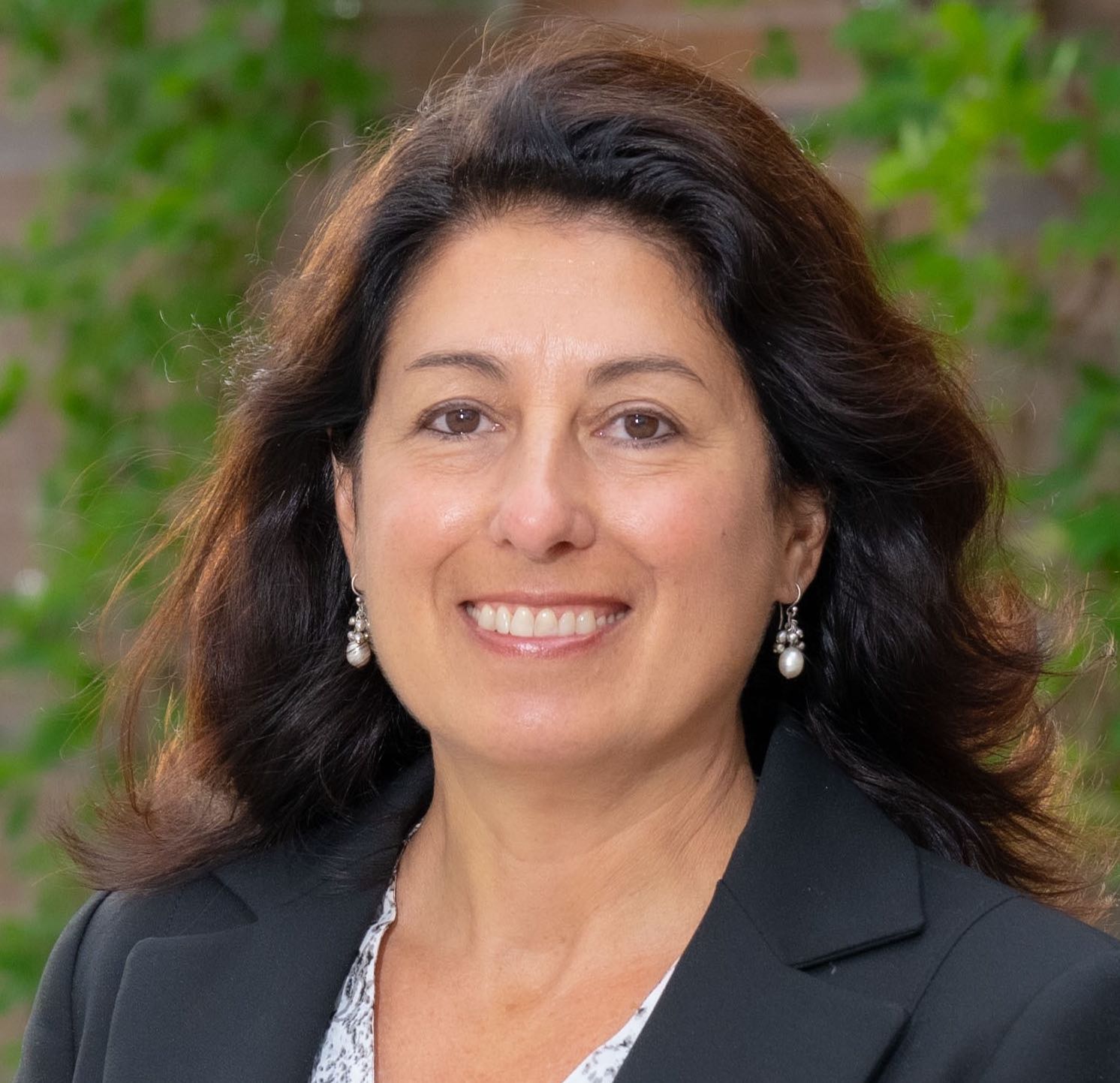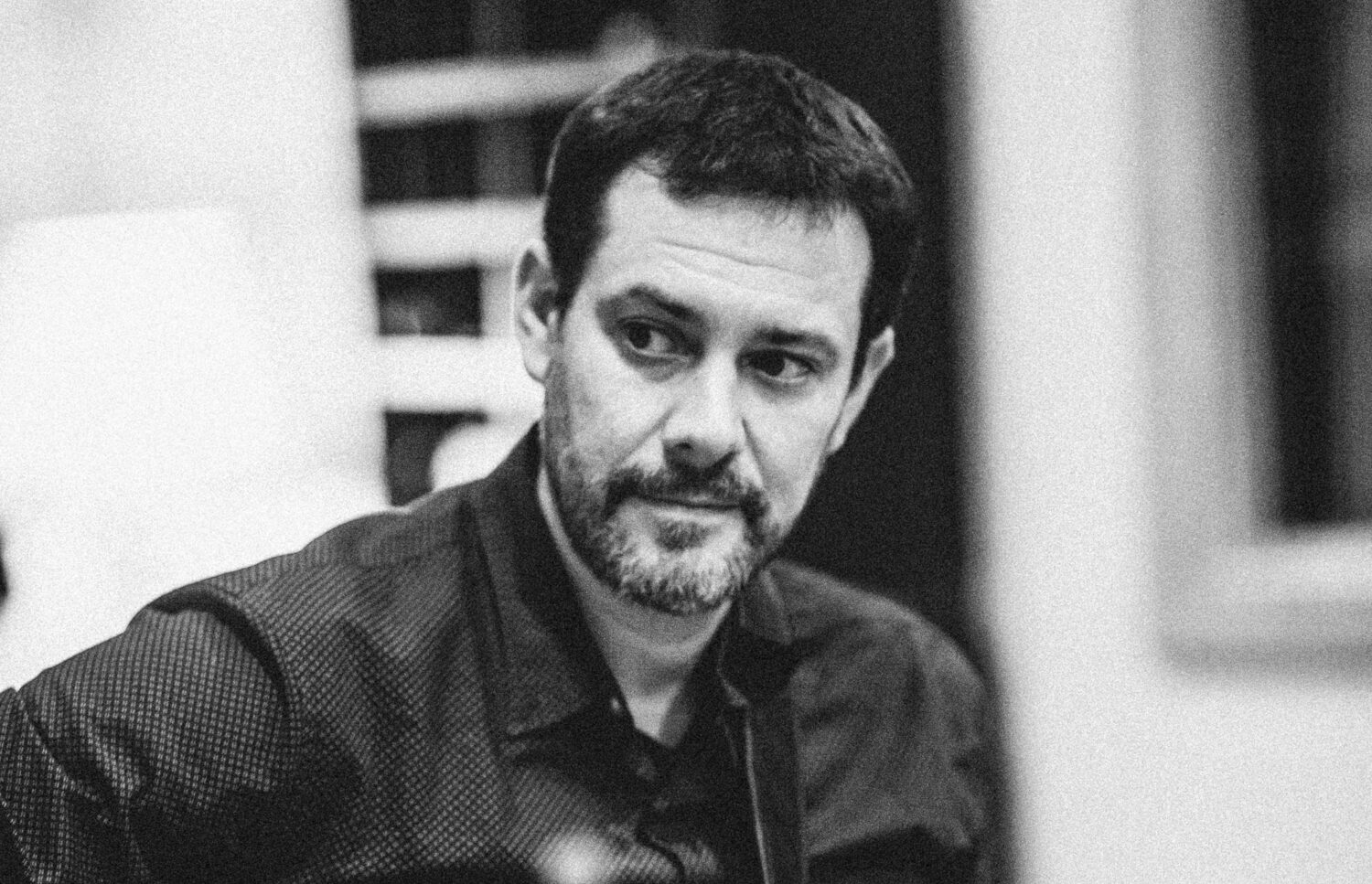Geography Speaker: Wiranta Ginting, Asia Floor Wage Alliance
Building Worker's Power: Asia Floor Wage Alliance Wiranta Ginting is an organizer and labor rights educator, who has worked with trade unions, small grassroots NGOs and worker-led organizing programs in South-East Asia for twenty years. He leads workplace and community campaigns for decent work and living wages in global fashion supply chains. Currently, he is […]










